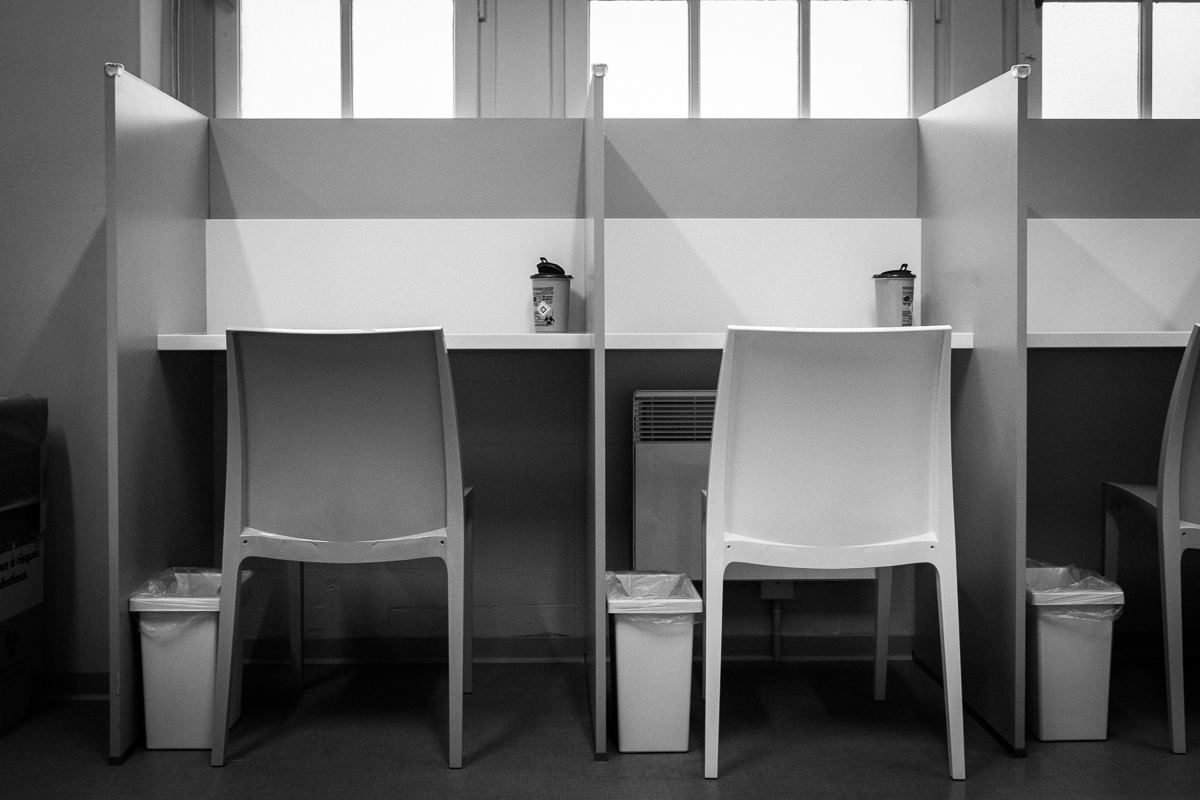Across the UK, recent reports show that drug-related deaths continue to rise, reaching a record high. When compared with reports from 2019, drug-related deaths have continued to increase throughout all nations, with Scotland reporting the highest percentage of deaths. In an emergency address to Parliament, a Scottish minister pled for the implementation of safe drug consumption rooms as harm reduction facilities.
Drug consumption rooms (DCRs) are safe environments where people can self-administer drugs. Acting as harm reduction facilities, DCRs give people access to sterile equipment and allow people to take drugs under the supervision of medical professionals. In November 2016, Talking Drugs reported the benefits of DCRs as they save lives by reducing the number of fatal overdoses and the spread of diseases. Plus, many more added benefits, even for people who do not use drugs. Such as decreasing the number of discarded needles that are found on the streets which are a potential public hazard. Whilst this has been a controversial topic for the UK, other countries have successfully implemented and benefitted from the use of DCRs.
Reports show that in England and Wales drug-related deaths have increased by 3.8% since 2019, with a leading 5% increase in Scotland. With the effect of the pandemic on drug use still being uncertain, statistics continue to follow the trend of an annual incline of drug-related deaths in the UK. In a bid to help tackle the nation’s drug-related death crisis, Scotland’s Minister for Drugs Policy Angela Constance pleaded with Westminster, highlighting the need for harm reduction facilities. This plea was rejected.
BBC News reported on the story, explaining that Constance describes the current situation as “heart-breaking”, further reinforcing the notion that DCRs save lives and has the backing of senior medical professionals. The article goes on to report that when Scottish Ministers have tried to implement these facilities, they have been halted by legal barriers. This is due to the fact that drug legislation and the power to decide how the Misuse of Drugs Act is enacted is reserved for Westminster.
When asked about the situation, Prime Minister Boris Johnson is quoted saying that he is “not in favour of encouraging people to take drugs” and that he is “instinctively” opposed to DCRs. Therefore implying that he would not support the roll out of DCRs as harm reduction facilities, despite the evidence of their benefits. He went on to suggest that Scottish Ministers should follow a “tough approach” and sign up to Project ADDER instead, a £148 million government programme that aims to tackle drug misuse and drug crime.
In the past, these government funded programmes are known to have a “tough” approach to drug misuse, viewing the situation as a law-related instead of a health-related issue. This has had a long-lasting and damaging effect criminalising people who use drugs or struggle with addiction, leading to repeat offences in most cases.
Scotland is set to defy Westminster by rolling out the use of DCRs, as Drugs Policy Minister Constance is quoted saying that their Government is “committed to implementing those [DCRs], irrespective of the constitutional opportunities or constitutional constraints that we face”. Peter Krykant, a drug policy campaigner, has already begun to act by defying the current policies and start the UK’s first DCR from a mobile ambulance. Despite having no legal framework to operate within, Peter runs the overdose prevention service in Glasgow. As an individual who has experienced homelessness and drug-related trauma he understands the crucial need for a change in policy.
Whilst it is a positive that the Prime Minister acknowledged there is a rise in national drug-related deaths, his approach does not address the current state of emergency within the drug-related death crisis. The UK Conservative Government has repeatedly taken a zero-tolerance approach to drug misuse over the years. If this approach were effective, then surely there would have already been evidence of a decrease in drug-related deaths and misuse; however statistics show otherwise. This poses the question of how high the death toll must rise before Boris Johnson and those in Westminster listen to the evidence and approve the use of lifesaving harm reduction facilities.


